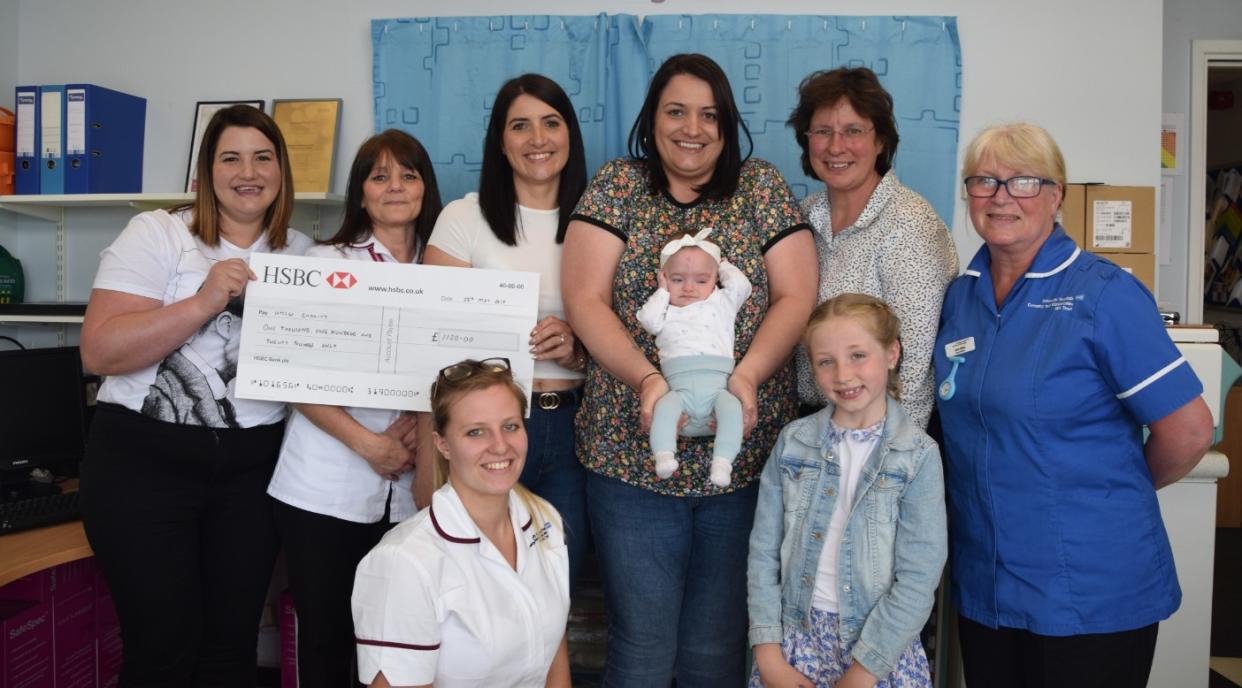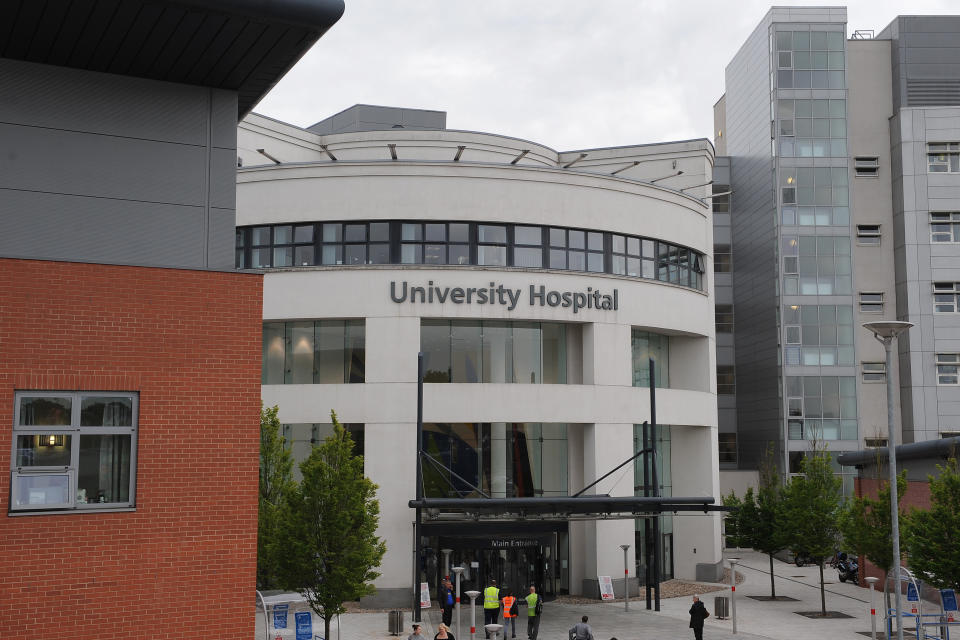Woman who suffered 13 miscarriages in ten years finally has 'miracle' baby

A woman who suffered 13 miscarriages in ten years finally had her miracle baby.
Laura Worsley, 35, lost every baby she conceived, with many pregnancies lasting just a few weeks and suffered her first miscarriage in 2008.
Laura suffered three further miscarriages in the next two years and doctors referred to an innovative medical research team.
Under the expert care of Professor Siobhan Quenby and the Biomedical Research Unit at University Hospital Coventry & Warwickshire (UHCW), she took part in “world-leading” miscarriage research.
Prof Quenby discovered Laura had Antiphospholipid Syndrome, also known as "sticky blood syndrome", which can cause recurring miscarriages.

During their work with the unit, Laura also lost two boys, named Leo and Graceson at 17 weeks and 20 weeks.
She took steroids to strengthen the lining of her womb and she conceived naturally for the 14th time last March. She also used other drugs to stop her blood clotting and she finally went into labour at 30 weeks.
Surgeons performed an emergency caesarean on September 12 last year and baby Ivy was born prematurely weighing just 1.7lbs.
Laura, of Kenilworth, said: “I cannot thank the research and the maternity teams at University Hospital enough, they have helped me to have the baby I always dreamt of.
Read more on Yahoo News UK:
RAF flies in to help flood-hit Lincolnshire after two months' rain fell in 48 hours
Ebola: Nurse Pauline Cafferkey who beat disease gives birth to twin boys
Two more deaths from listeria in pre-packaged sandwiches
“It's so important to be able to make a difference for anyone else going through what I went through.
“Through my story I want to give others the hope and strength to carry on even when things seem impossible.
“[While suffering the miscarriages], we were told a high dose of folic acid might sort it, but it didn't.
“We took part in trials, did all the tests and tried different medications, hoping something would work.

“I don't know how I coped, to be honest. Dave stayed strong for me but when we lost the boys, he really struggled with that.
“It was all I lived for - I lost years of my life. I just thought, if I can't have a baby I don't see a point in my life.
“[The CHI] was causing my placenta to die in places.
“I wasn't sure I wanted to try again. But Professor Quenby said she had helped women with this successfully. I thought if there's that one bit of hope, I had to try again.
“My husband saw Ivy first. He showed me a photo of her when I woke up. I look at her and think 'miracles do happen'.

 Yahoo News
Yahoo News 
